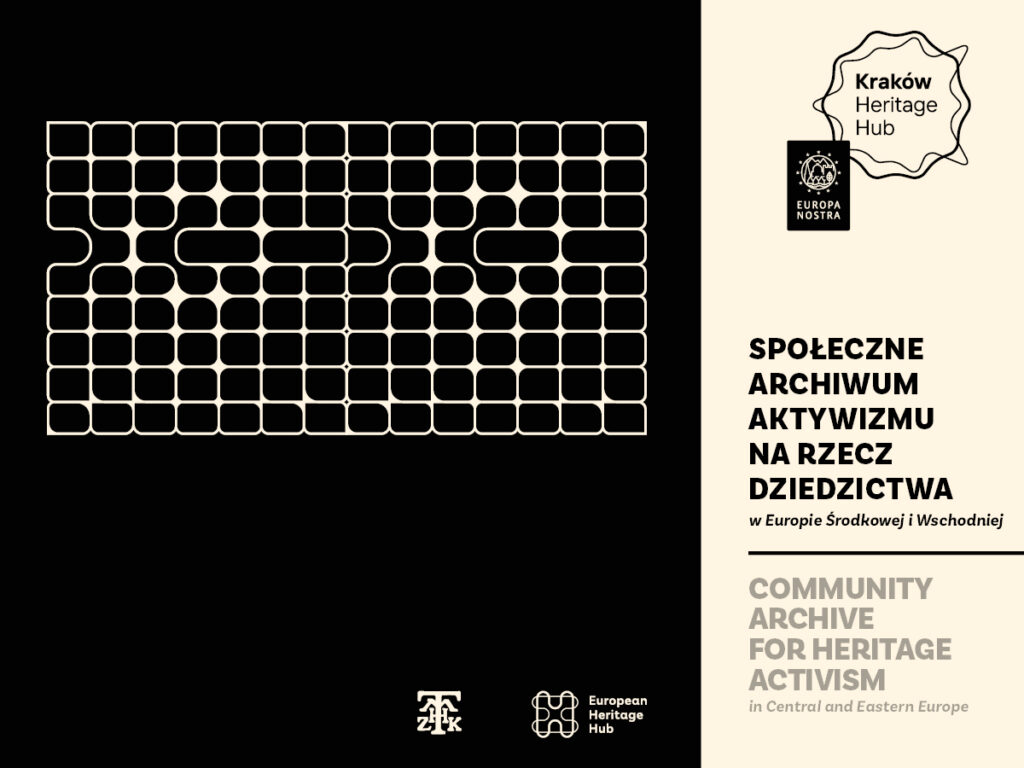We use cookies to help you navigate efficiently and perform certain functions. You will find detailed information about all cookies under each consent category below.
The cookies that are categorized as "Necessary" are stored on your browser as they are essential for enabling the basic functionalities of the site. ...
Necessary cookies are required to enable the basic features of this site, such as providing secure log-in or adjusting your consent preferences. These cookies do not store any personally identifiable data.
Functional cookies help perform certain functionalities like sharing the content of the website on social media platforms, collecting feedback, and other third-party features.
Analytical cookies are used to understand how visitors interact with the website. These cookies help provide information on metrics such as the number of visitors, bounce rate, traffic source, etc.
Performance cookies are used to understand and analyze the key performance indexes of the website which helps in delivering a better user experience for the visitors.
Advertisement cookies are used to provide visitors with customized advertisements based on the pages you visited previously and to analyze the effectiveness of the ad campaigns.
The aim of the archive is to document and digitise heritage activist practices in Central and Eastern Europe and to disseminate them as good practices. The archive focuses on practices carried out by civic organisations, informal groups and individuals, and it encompasses both past and present activities. One of the main tasks of the archive is to show how the social awareness of heritage protection and social responsibility for heritage in the region is developing. The issue of using archives and archival research in heritage activist practices for sustainable development, social justice, and in co-creating and reinterpreting heritage has been debated internationally. Still, at the same time, there are no archives dedicated to documenting such activities. The Community Archive for Heritage Activism in Central and Eastern Europe is the first to focus on this issue. The materials are available in Polish and English.

The archive is part of the nationwide network of community archives – one of Europe’s largest and most active networks. The network is managed by the Centre of Community Archives in Warsaw – a hub for the Polish community archive movement. The Europa Nostra Heritage Hub in Krakow is its partner.
The archival resource comprises audio and video recordings (including accounts, oral histories, conversations, debates, films, reports and documentaries), photographs, memorabilia, personal documents, ephemera, leaflets, letters, memoirs, diaries, documents of social life, file documentation, press clippings, posters, placards, catalogues, promotional materials from campaigns, and thematic resources of the audiovisual heritage.
The archival resources are collected by:
– acquiring existing materials (from organisations, informal groups, and private individuals, including community campaigns in the region, reaching out to potential donors who provide their private materials as gifts or deposits)
– evoking sources (documenting events in audio, video, and photographic formats, recording accounts, memories and testimonies in the form of oral histories).
The archive’s collections are documented and processed in the Open Archiving System – an online cataloguing tool to archive, organise and describe sources. The system is based on ISAD (G), ISAAR (CPF), and ISDIAH international archival standards. Within the system it is required to maintain a hierarchy similar to the traditional archival unit, which ensures order and a simple way of organising the collection. The collections are then freely available at the Community Collections portal and the Europa Nostra Heritage Hub website in Kraków.
Community archives, created from the bottom up as a result of civic activities, serve as democratic spaces for active heritage preservation and interactive informational work focused on documentation activities, care, processing, access, sharing, interpretation, and reuse of materials that make up the non-state archival resource. The ongoing ‘archival turn’, which questions and revises traditional methods and dominant archival practices, coincides with various methods within heritage studies, emphasising the use and co-creation of heritage combined with an engaged, responsible, grassroots, community-based approach. Community archiving is increasingly becoming an integral part of many disciplines, enhancing the potential for interdisciplinary collaboration in the field of heritage. At the same time, it reflects the changes occurring in the professional practice of archiving and heritage protection, where an inclusive and participatory approach is becoming more evident and increasingly visible. The concept of archival activism, defined as social initiatives aimed at filling gaps omitted by so-called traditional archives or those responding to specific phenomena and social movements, is also gaining ground in terms of popularity. This type of activity captures individual and collective perspectives of the historical experiences of a given community.
Contact to the coordinator: Dr Joanna Dziadowiec-Greganić, joanna.dziadowiec@heritagehubkrakow.org